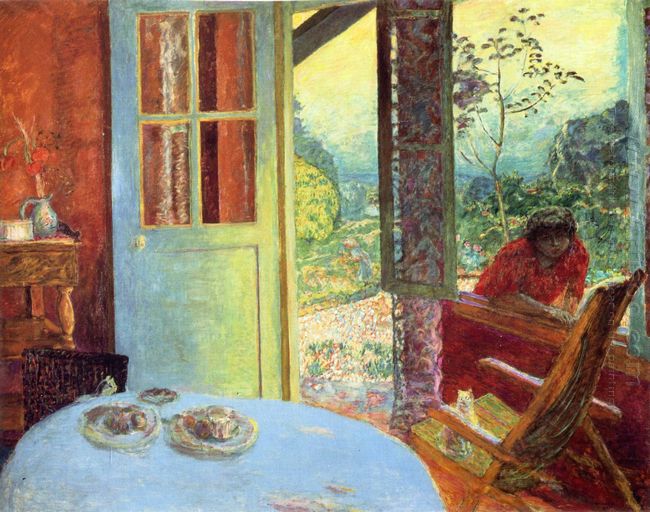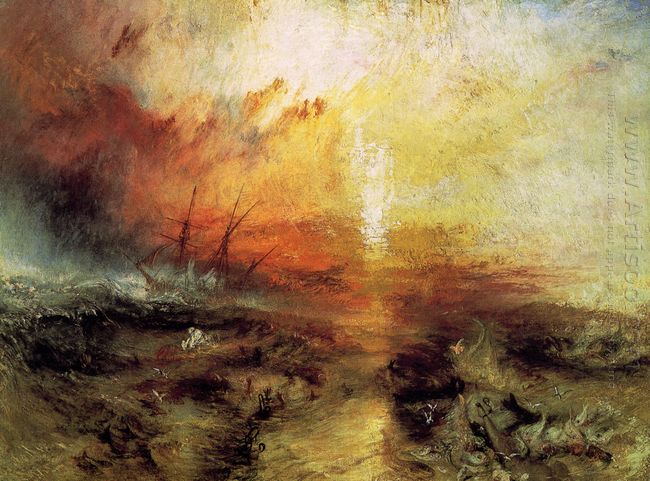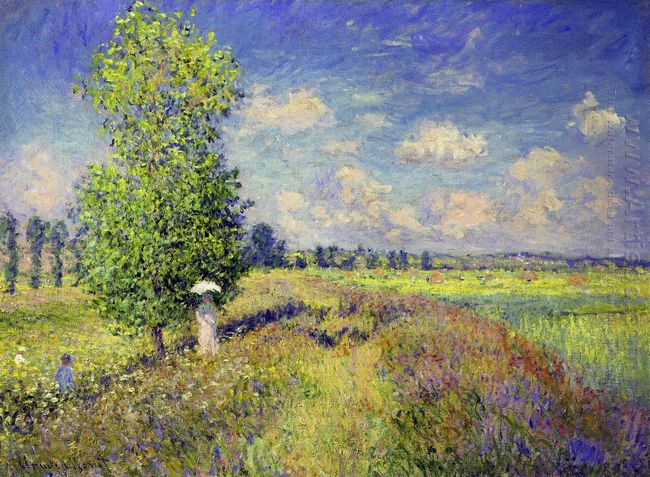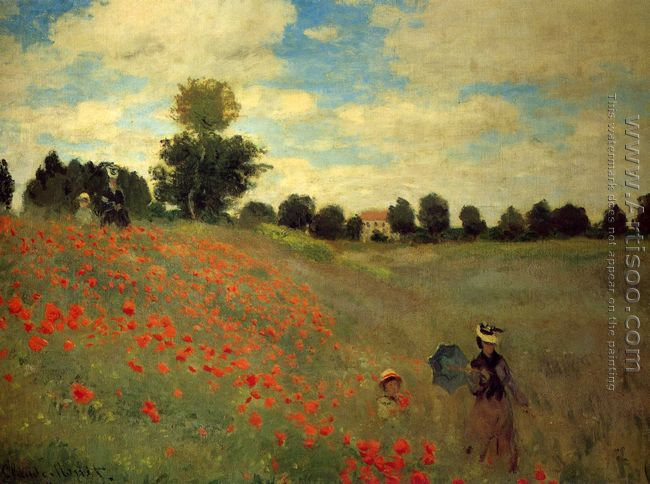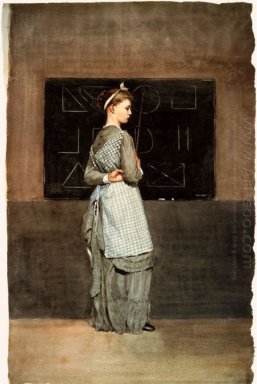Nabis was a French art association. It started in 1888. In Hebrew, Nabis meant the prophet or mystical revelation. Taking this name aimed to show the close relationship of belief, creation thought and religion. This was a very short art movement and its main participants were French painters and sculptors. The main theorist was Deny who grouped the feature of Nabis into two deformation theories: "objective deformation, which is based on the concept of pure aesthetics, decoration, as well as the technical elements of the color and composition; then subjective deformation, it makes his personal inspiration play".
There were a group of Post-Impressionist avant-garde artists who set the pace for fine arts and graphic arts in France in the 1890s. Initially a group of friends interested in contemporary art and literature, most of them studied at the private art school of Rodolphe Julianin Paris in the late 1880s. In 1890, they began to successfully participate in public exhibitions, while most of their artistic output remained in private hands or in the possession of the artists themselves. By 1896, the unity of the group had already begun to break: The Hommage à Cézanne, painted by Maurice Denis in 1900, recollects memories of a time already gone, before even the term Nabis had been revealed to the public. Meanwhile, most members of the group—Maurice Denis, Pierre Bonnard, Edouard Vuillard—could stand, artistically, on their own. Only Paul Sérusier had problems to overcome—though it was his Talisman, painted at the advice of Paul Gauguin, that had revealed to them the way to go.
With the solid foundation of literature and history as well as color focus, Nabis works formed a sharp contrast with the same time symbolism. Nabis artists gave up the stiff drawing contour and adopted the use of the card paper with strong adsorption to replace the canvas to ease the color in order to pursue the color effect. Sometimes they also used protein or glue to reconcile paints, so the created works were with soft color, full of vitality and striking styles.
Nabis advocated to reform the painting art and extensively absorbed the artistic beneficial factors of P. Gauguin, P. Cezanne and Japan Yamato-e. It also advocated to rearrange the nature and emphasized the creation of poetic realism in the perceptual and rational field to pay attention to the principles of simple colors and deformation in the pursuit of flat decorative effect and symbolic expression. The main representatives were Sailvxiai, P. Bonnard, M. Deny, and E. Vial. Nabis disbanded in 1899.

